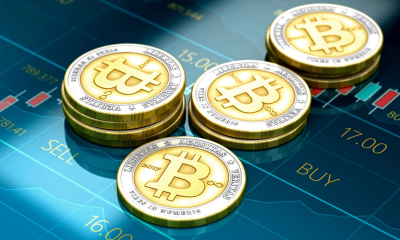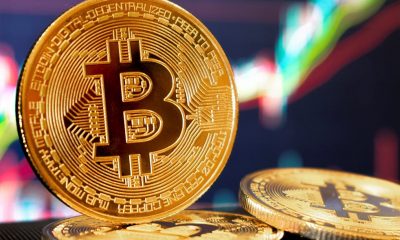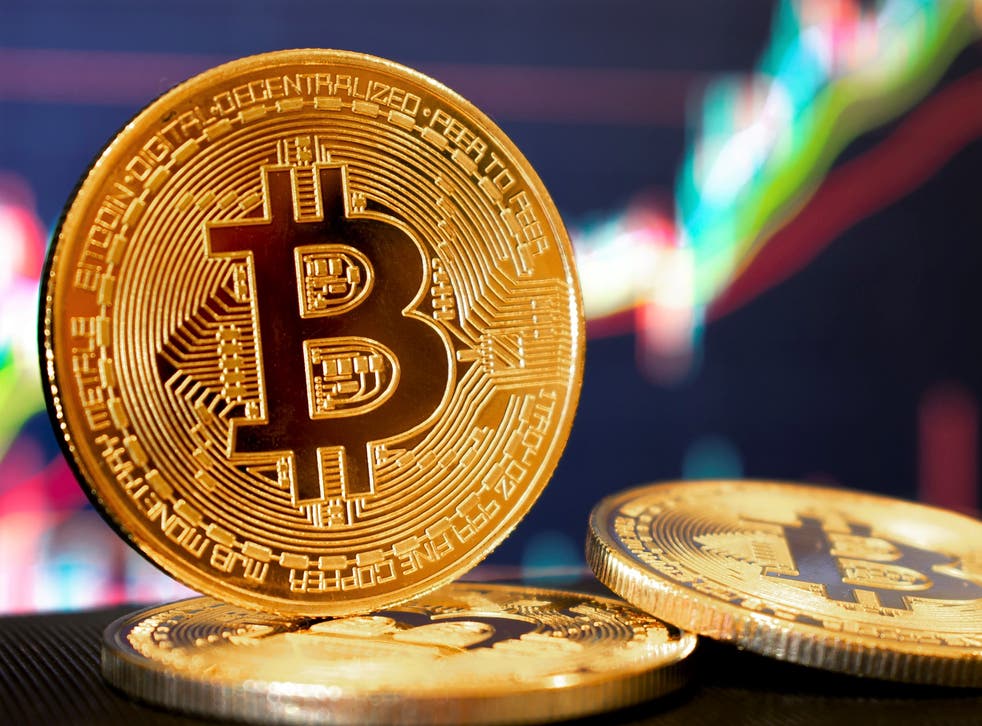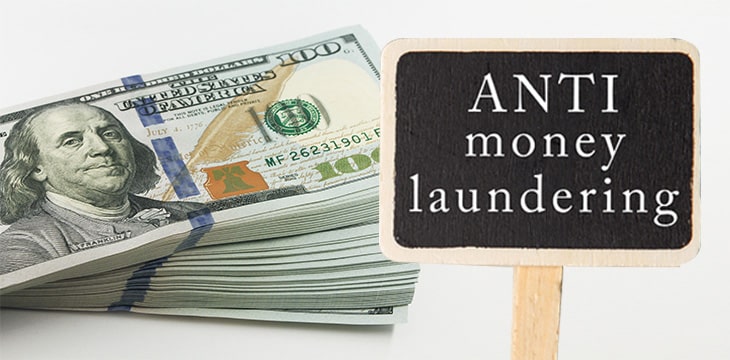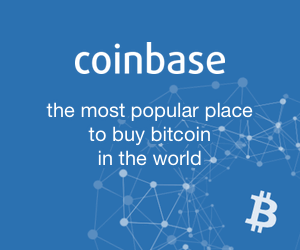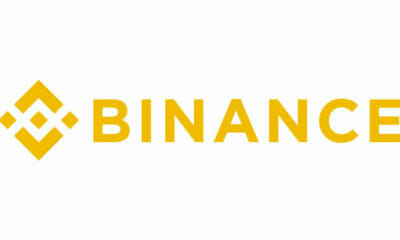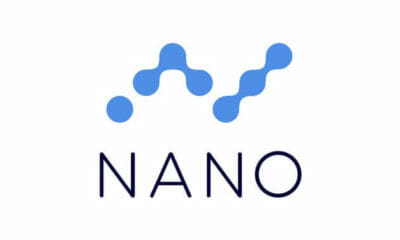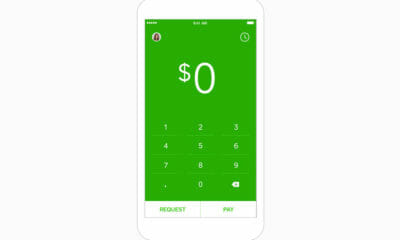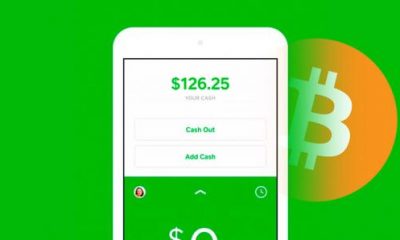More bad news from cryptocurrency exchanges in Japan. The Japanese exchange Zaif suffers an embarrassing glitch that temporarily allowed traders to obtain Bitcoin (BTC) for free.
In a statement on Tuesday, the Japanese exchange Zaif disclosed that seven traders were able to purchase Bitcoin (BTC) for 0 yen. The transactions were a result of a glitch that occurred on February 16th, 2018, where for about a 20-minute window Bitcoin’s price dropped from around 1.2 million yen down to zero.
The company has since corrected the customer’s balances but disclosed they are still working with one trader who attempted to transfer the coins out of the exchange after the transaction. The impacts on other clients were minimal, causing a temporary report of inaccurate trading data.
Following the incident, Zaif apologized to their clients saying:
“We apologize for any inconvenience and inconvenience caused to you by our customers,”
“We will strive to prevent recurrence and we will continue to work on improving our services.”
This glitch took place after Japan’s Financial Services Agency (FSA) conducted new mandatory inspections of the exchange. As a result of the $530 million Coincheck hack last month, the FSA now requires that all Japanese exchanges submit a risk of management report and are routinely spot checked.



